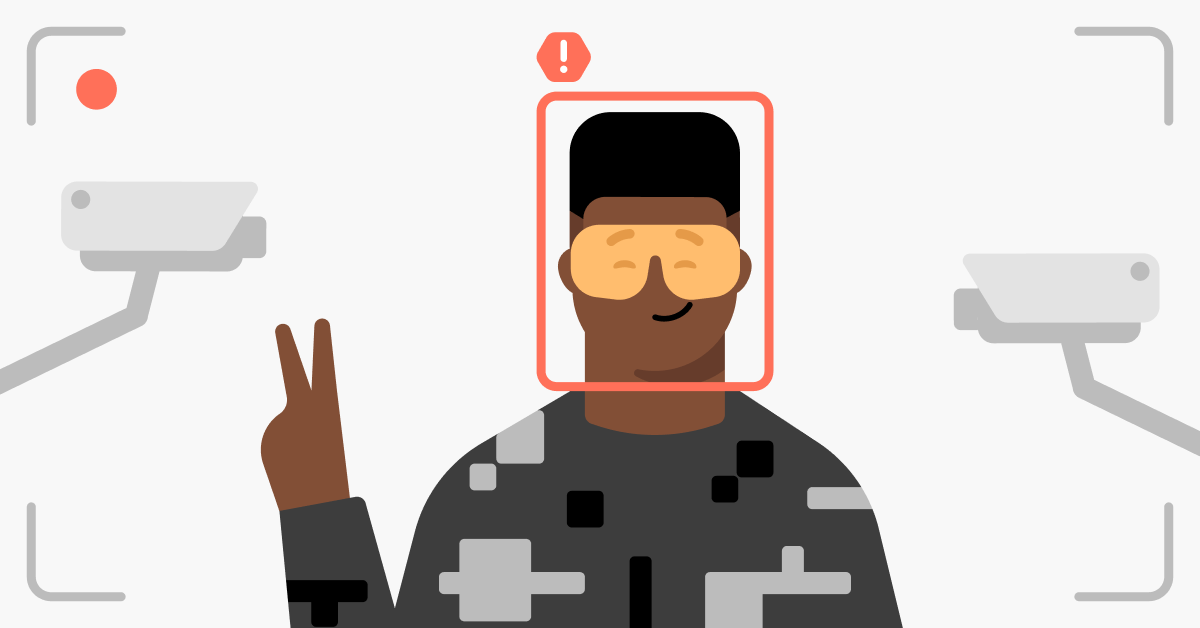Online habits

Who can see what you search for on the internet?
Whichever search engine or social media platform you use for your internet searches – Google, Bing, TikTok, or Twitter – your search and browsing history might be visible to others. Find out who can see what you search for on the internet and why they would want to know this information.
Mar 27, 2024
8 min read
Irma Šlekytė
